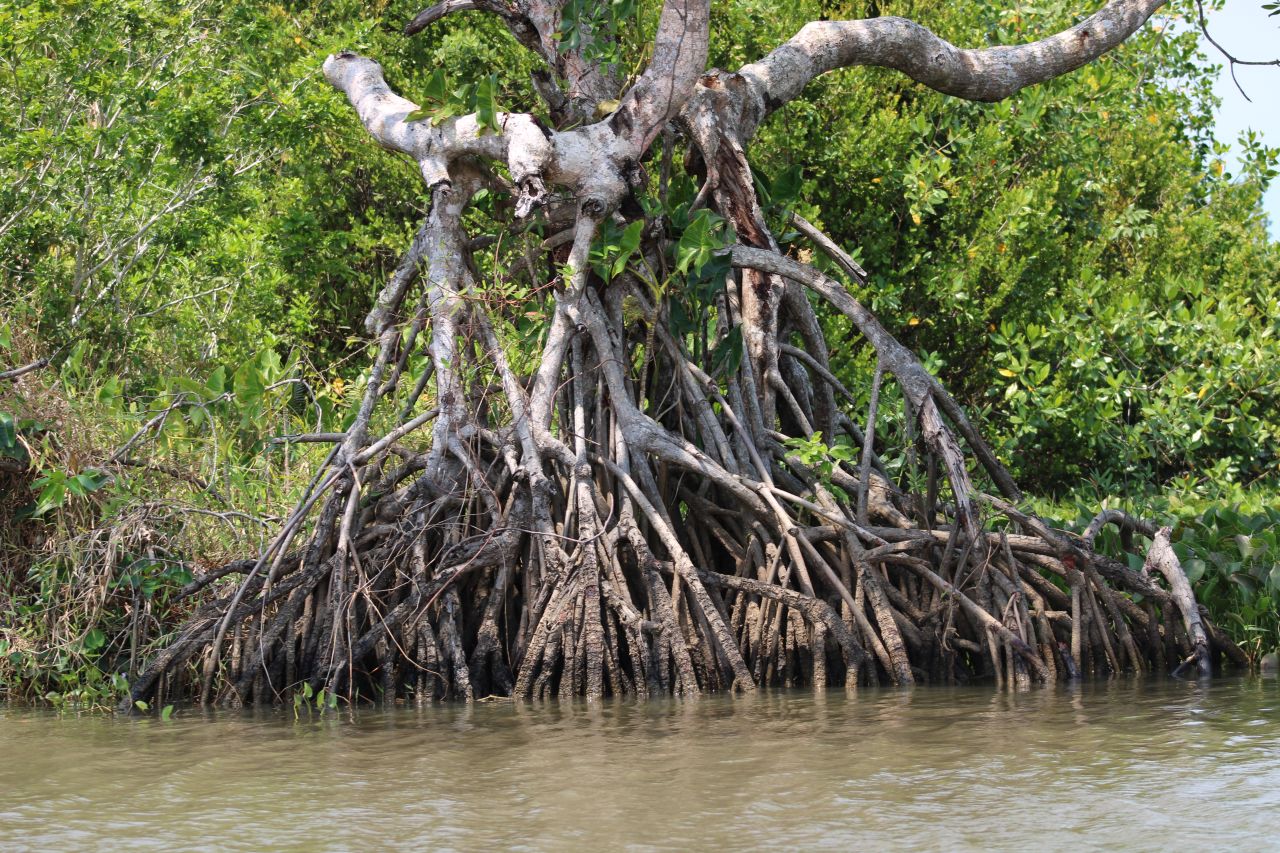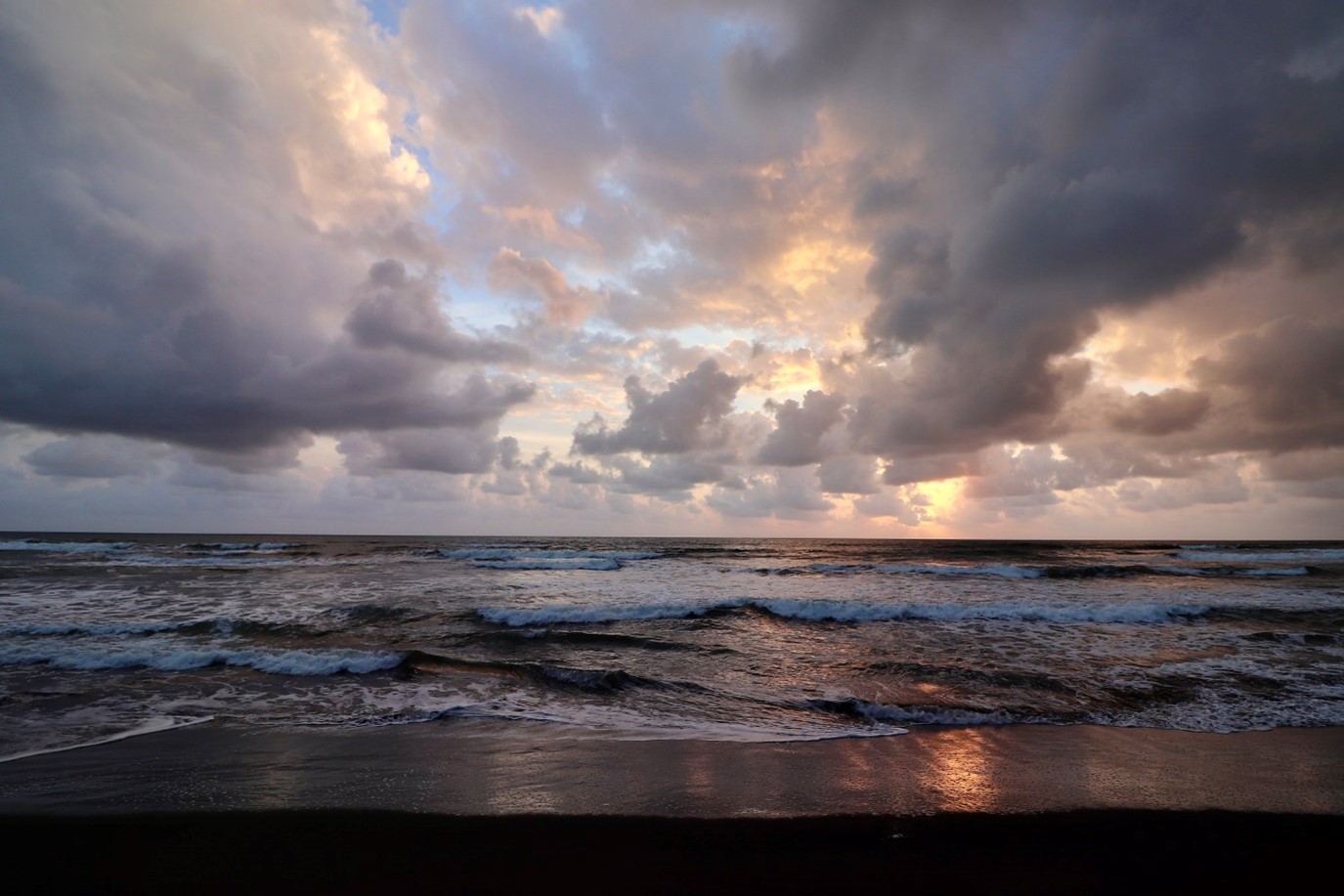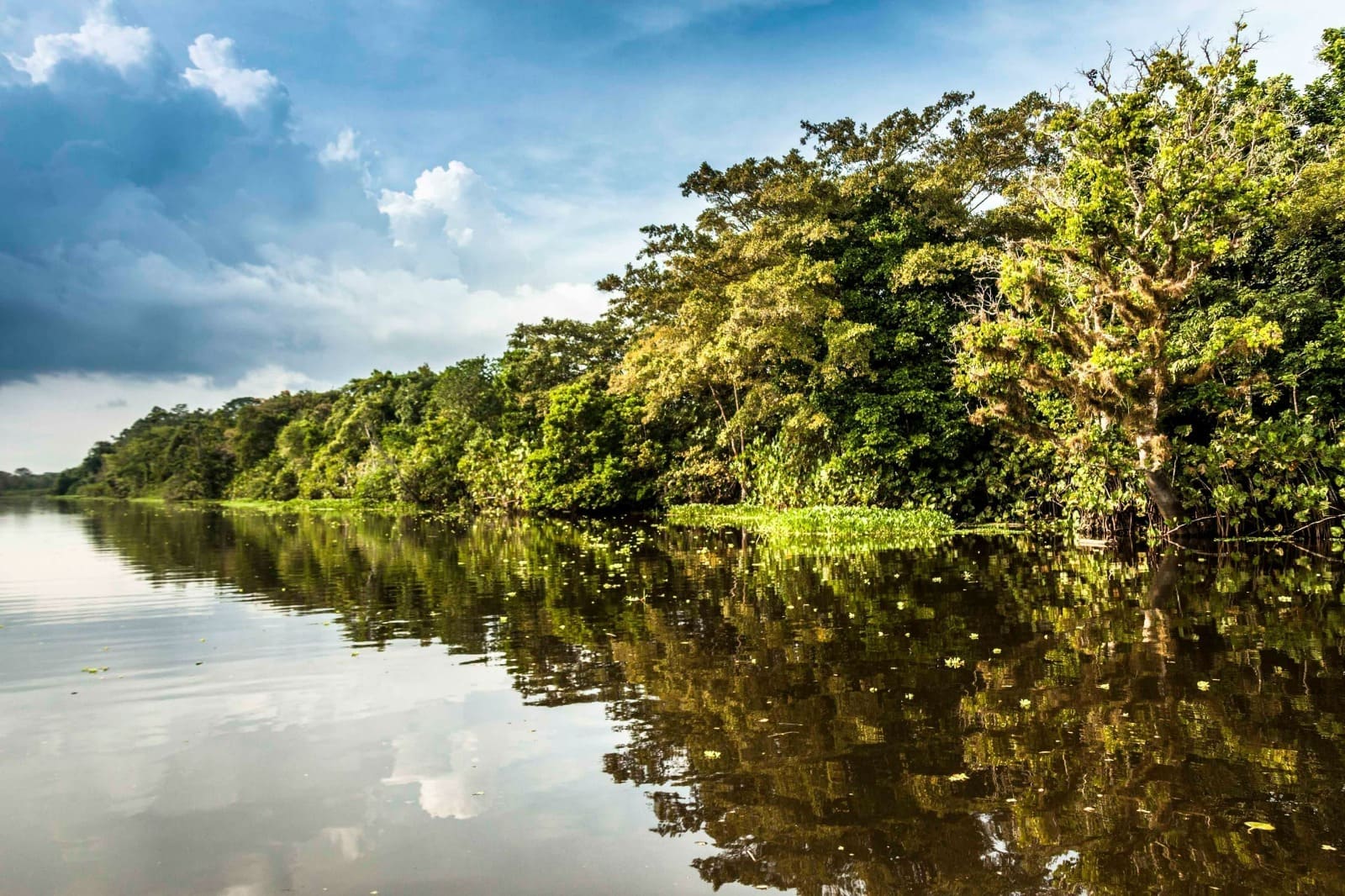Strengthening grant-making practices through results and lessons learned from BIOPAMA and BEST grant projects
“Knowledge Sharing Journey” brought conservation practitioners from all over the world together to jointly discuss conservation practices and analyse how effective grant management can support conservation efforts on the ground.
More than 55 grantees from Africa, the Pacific and the Carribean participated in a knowledge sharing and capitalization workshop organized by the Biodiversity and Protected Areas Management (BIOPAMA) and the Biodiversity and Ecosystem Services in Territories of European Overseas (BEST) programmes, sharing their projects’ results and lessons learned. The ORMACC region was represented at the workshop by eight Caribbean environmental organizations: Saint Lucia National Trust; Caribbean Coastal Area Management Foundation; Fondation pour la Protection de la Biodiversité Marine (FoProBiM); Ya’axche Conservation Trust; Toledo Institute for Development and Environment and Belize Audubon Society; Mangrove Maniacs Bonaire and Reef Renewal Foundation Bonaire. These organizations were selected amongst 29 grantees that are currently being supported in the region under the BIOPAMA Action component and BEST 2.0 Programme.
The workshop, held in Nairobi (Kenya) from 1 to 6 May 2023, aimed at promoting learning and knowledge sharing opportunities between grantees from both programmes together with IUCN grant management teams.
During the workshop, participants discussed innovative approaches on various conservation-related topics, including effective Protected Areas management, community-based livelihood development and biodiversity protection. Each participant systematised an inspiring, replicable initiative they have implemented in the field and the factors that contributed to its success. These best practices will soon be available on the Panorama Solutions Platform, a knowledge management tool which showcases specific, applied examples of successful conservation approaches, thus supporting global learning and knowledge exchange.
“What I’ve realized is that we do the conservation and we do the management, but we are not able to document the experience. But I think it’s very important to document it, to be able to reflect on what we have achieved, how we’ve achieved it, what we’ve learnt, and it allows us to talk about what we’ve done and to give more visibility to our projects and to our organization and to learn from other entities that are doing similar work”.
Cecilia Guerrero, Toledo Institute for Development and Environment (TIDE)
IUCN and the grantees also jointly reflected upon the challenges and opportunities of grant mechanisms, regarding project management, financial management and communications, among other topics. IUCN will capitalize the results of these discussions to further strengthen and adapt its grant management portfolio at the global level, which will enable conservation efforts of future grantees.
“It’s interesting to find out that there are other grantees that face the same challenges, [...] so just sharing that makes us feel as though we are not that far apart even though geographically, we are. The struggles that we NGOS have are very similar, but, definitely, sharing the ideas and how we overcame some of these challenges gives us a breath of fresh air that we can help each other with that experience”.
Ivanny Hernandez, Yaaxche Conservation Trust.
The BIOPAMA Programme assists African, Caribbean and Pacific (ACP) countries to address their priorities for improved management and governance of biodiversity and natural resources through a variety of tools, services and funding. The BEST initiative is a financial mechanism for supporting protection and conservation projects in European Union (EU) Overseas territories. Both programmes are financed by the EU.



